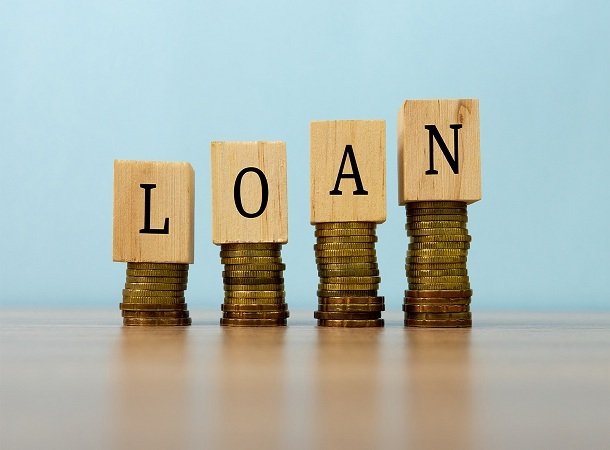Sharia Loans – A Guide to Understanding Islamic Banking

In a world where Muslim populations are growing rapidly, and Islamic finance is becoming more popular, Sharia loans are becoming an increasingly common option. But what are Sharia loans, and what do they entail? This article will provide a comprehensive guide to Sharia loans, explaining everything from their history to how they work. Whether you’re considering a Sharia loan or just want to learn more about this type of banking, you’ll find everything you need.
What is a sharia loan?
A sharia loan, also known as an Islamic loan, is a form of financing that complies with the religious laws of Islam. The most important criterion for a sharia loan is that it must be interest-free. This prohibition against usury is one of the most fundamental aspects of Islamic banking. In addition to the prohibition against interest, sharia loans must also comply with other religious principles, such as the ban on speculation and investment in unethical businesses.
How do sharia loans work?
Sharia loans are a type of Islamic banking that follows the religious guidelines of Islam. In general, Sharia loans adhere to transparency, shared risk and justice. There are several key features of Sharia loans that differentiate them from traditional loans:
– There is no interest (riba) charged on loan.
– The borrower and the lender share in the profits and losses generated by the investment.
– The lender cannot receive any special benefits or privileges not available to other investors.
Sharia loans are tailored to fit the needs of Muslim borrowers and investors. If you’re interested in learning more about Sharia loans, your best bet is to speak with a banker who specialises in Islamic banking.
What are the benefits of a sharia loan?
Sharia loans offer a number of benefits that are unique to Islamic banking. For starters, Sharia loans are typically much more affordable than traditional loans. Islamic banks don’t charge interest, which means you don’t have to pay back more money than you originally borrowed. Additionally, sharia loans often come with more flexible repayment options, making them easier to manage for people with busy lives. Finally, since Sharia loans are backed by real assets, they offer high security and peace of mind.

What are the risks of a sharia loan?
One of the key tenets of Islamic banking is that debtors and creditors must share the risk of a venture or investment. This means that if your business fails, you might not be able to declare bankruptcy and have all your debts forgiven. You might still be on the hook for the debt even if you’ve lost everything. So it’s important to be aware of the risks before you take out a sharia loan.
Is a sharia loan right for me?
Deciding if a sharia loan is the right choice for you is not easy. It’s a big decision that should not be taken lightly. There are a few factors you should consider before making your final decision. The first is whether or not you’re comfortable with Islamic banking. The second is whether or not a sharia loan is available in your area. And the third is whether or not a sharia loan meets your financial needs.
Conclusion:
A sharia loan, also known as an Islamic banking loan, is a loan that follows the principles of Islamic law. Sharia loans are unique because they offer some benefits that other loans do not, such as no interest and no hidden fees. However, there are also some risks associated with sharia loans, so it’s important to understand all the details before signing up. If you’re thinking about taking out a sharia loan, this guide will help you make the best decision for your financial future.






